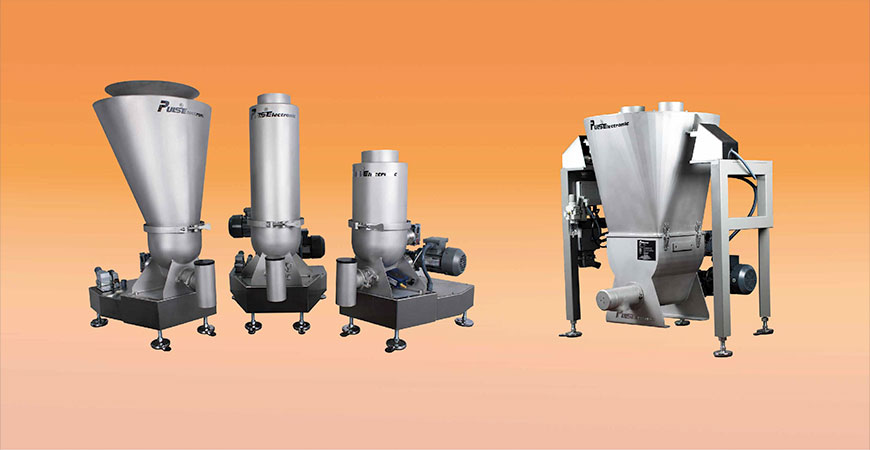Importance of Dosing Systems in Production and Areas of Use

Dosing systems are automated devices used for the precise mixing and distribution of specific quantities of materials. These systems play an essential role in industrial production processes and are widely used across various sectors. The primary purpose of dosing systems is to ensure the correct amount of raw materials is used in the production process, thereby enhancing product quality and production efficiency.
Dosing systems have extensive applications in the chemical industry. The precise mixing and correct proportioning of chemical substances directly impact product quality. For example, in paint production, different chemicals must be mixed in specific proportions to achieve the correct color tone. Dosing systems automatically perform this mixing, minimizing errors in the production process and ensuring product quality.
In the food industry, dosing systems are also of great importance. Using the correct amount of materials in food production ensures both product quality and food safety. For instance, in the production of baked goods, the dough must be mixed with specific amounts of flour, water, salt, and other ingredients to achieve the right consistency. Dosing systems automatically handle this mixing, ensuring that products maintain the same quality each time.
The importance of dosing systems is even more pronounced in the pharmaceutical industry. Ensuring that each dose contains the correct amount of active ingredient is crucial in pharmaceutical production. This guarantees that patients receive the correct dosage and that treatment processes are effective. Dosing systems in pharmaceutical production lines ensure that each dose contains the correct amount of active ingredient, preventing errors in the production process and enhancing product safety.
Dosing systems are also widely used in the plastics industry. The correct mixing of different materials in plastics production affects product quality and durability. Dosing systems automatically perform this mixing, minimizing errors in the production process and ensuring product quality. For example, in plastic injection molding, specific proportions of plastic granules and additives must be mixed correctly. Dosing systems handle this mixing automatically, ensuring consistent product quality.
In conclusion, dosing systems ensure the correct amount of material is used in production processes, enhancing product quality and production efficiency. With a wide range of applications, these systems are an indispensable part of modern production processes. Dosing systems play a critical role in ensuring quality control in industrial production and optimizing production processes.
